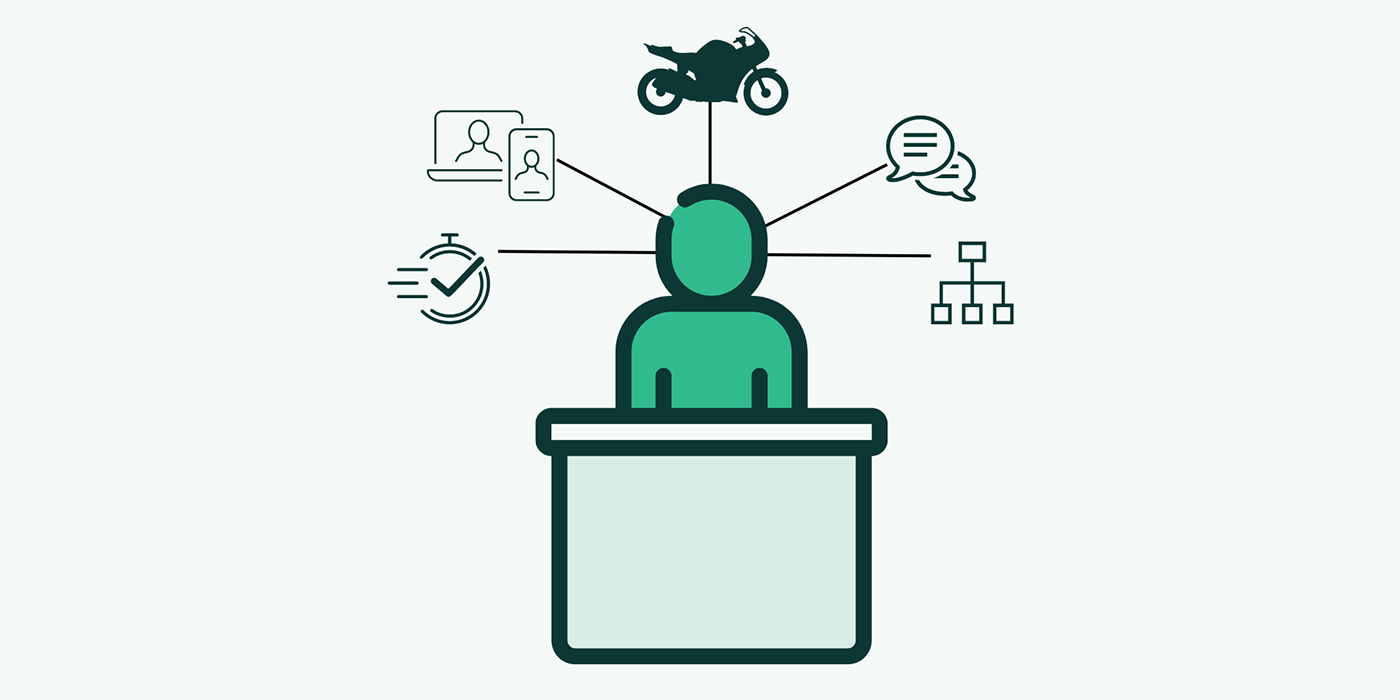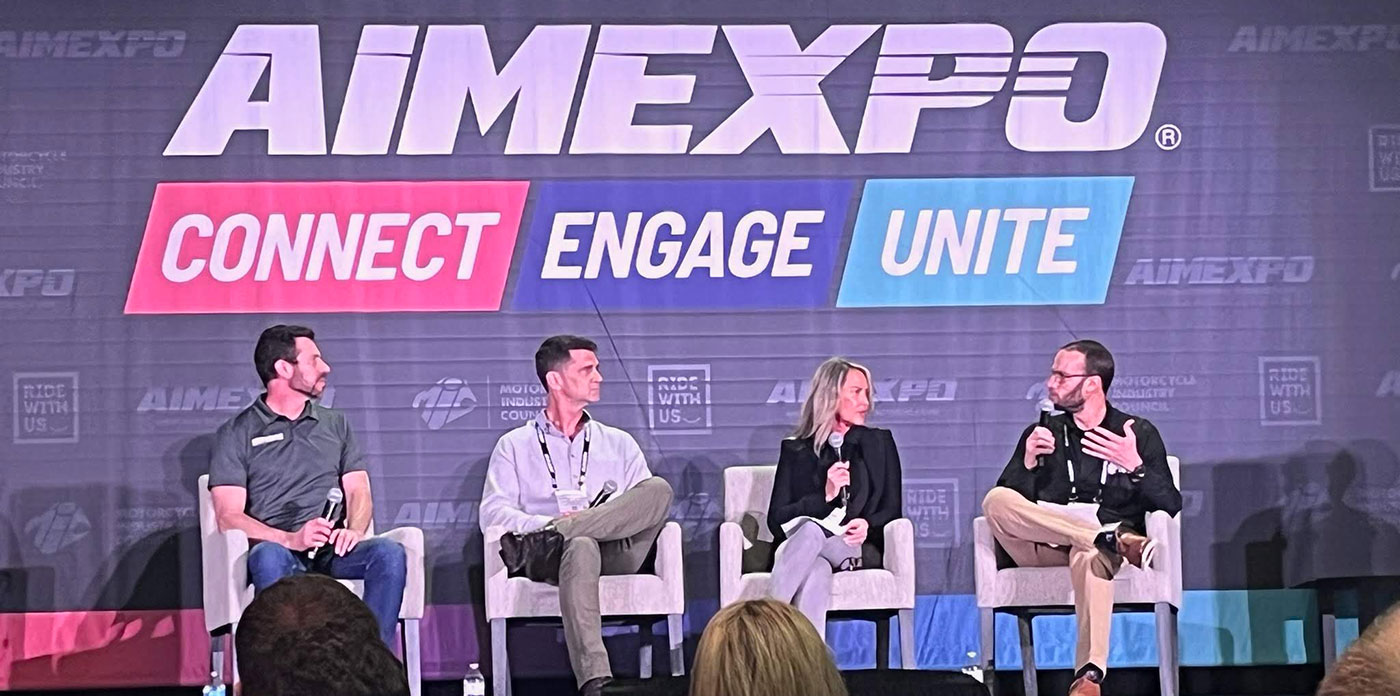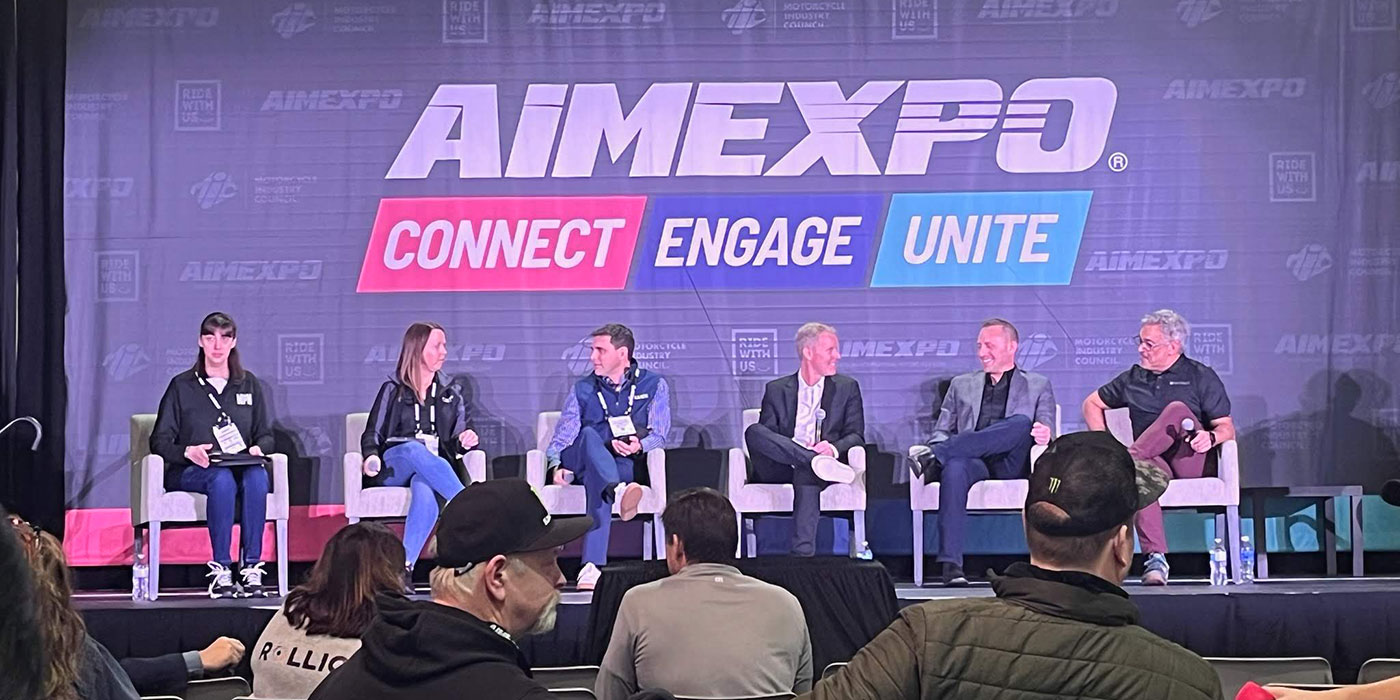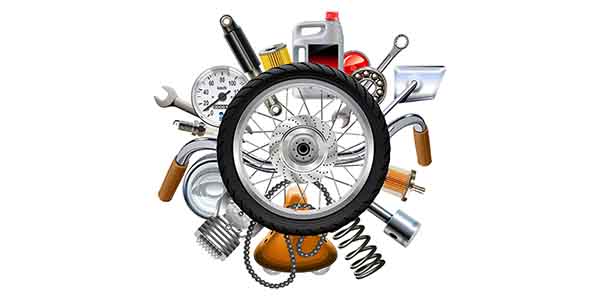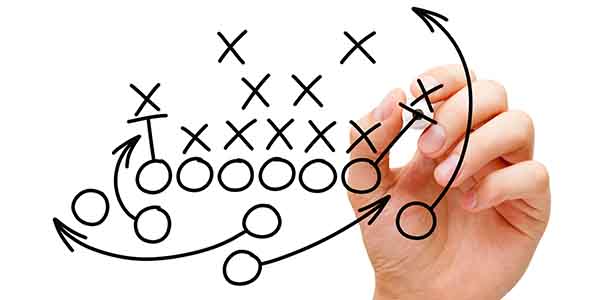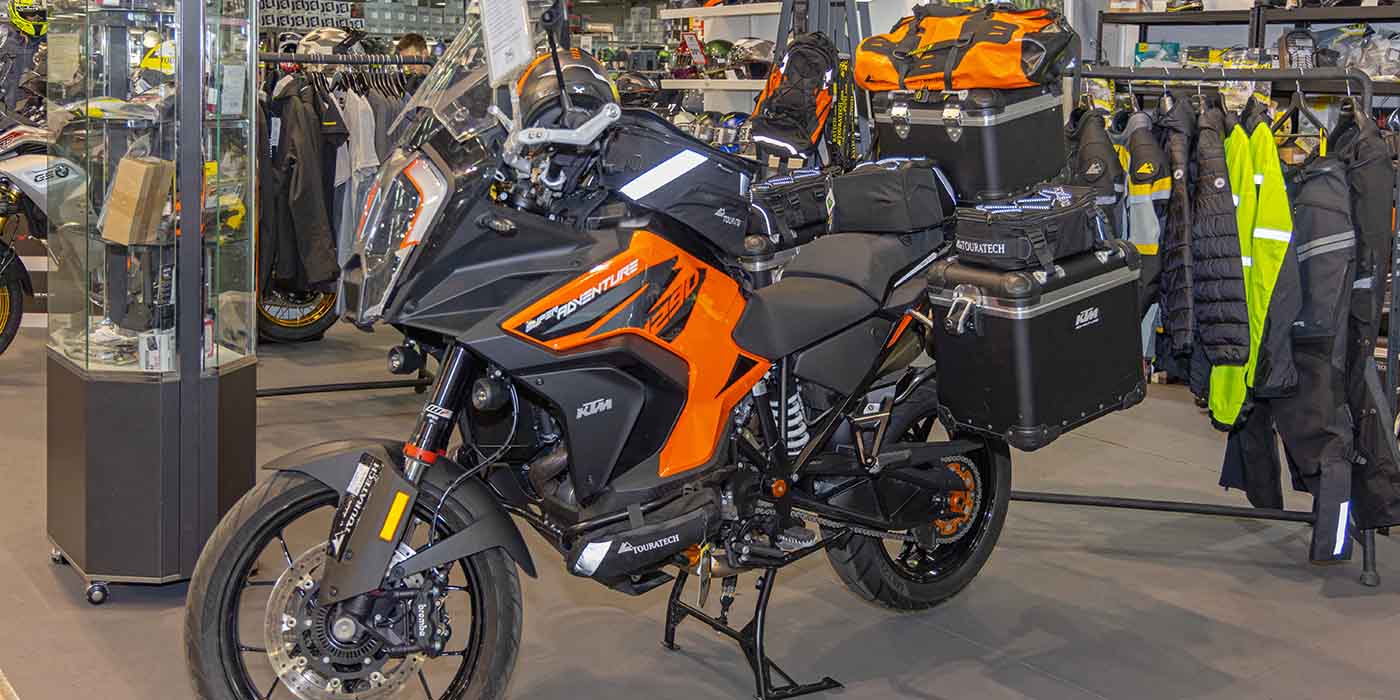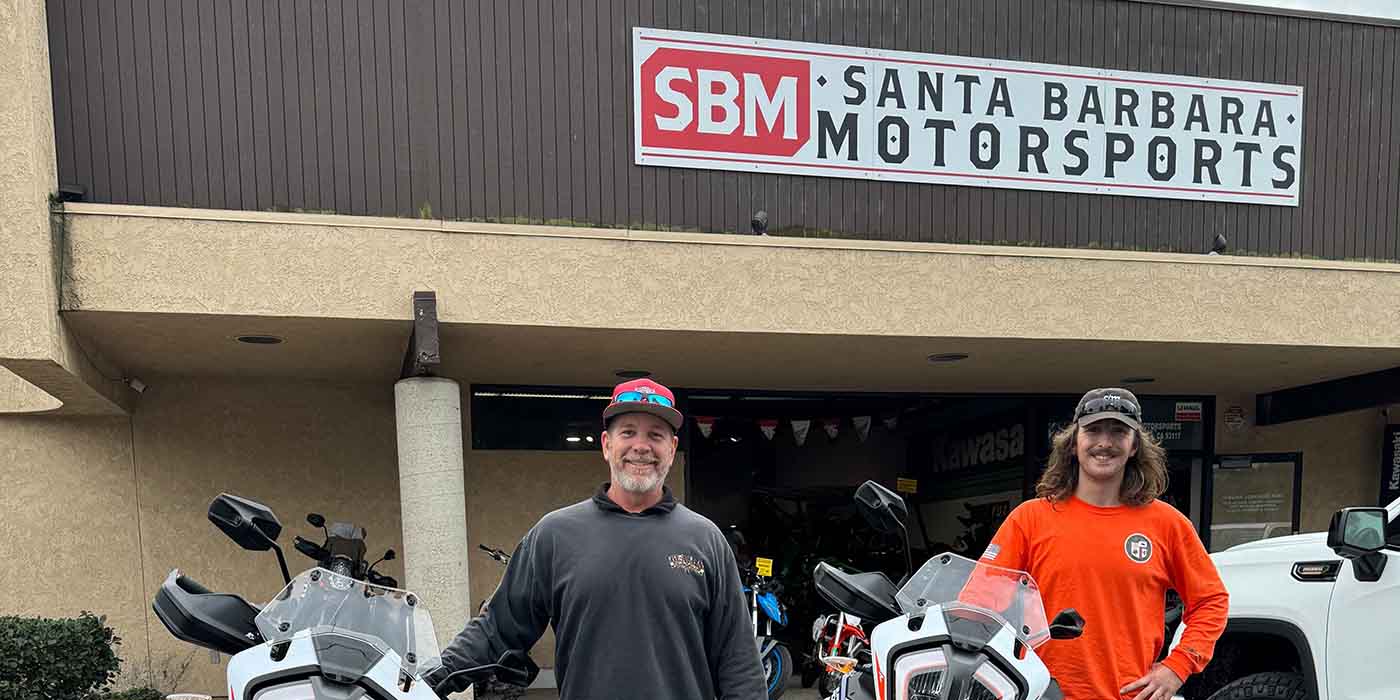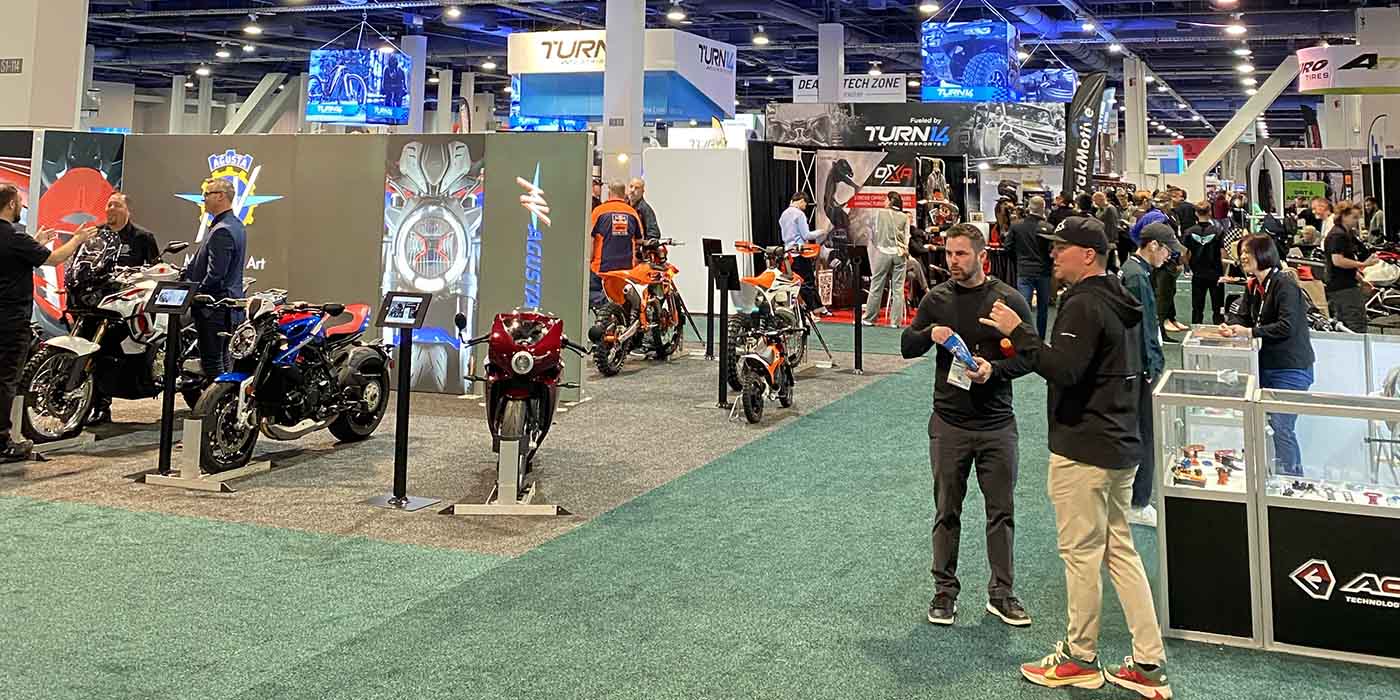I like to run an exercise with employees called “Frustrations.” I’ll have them team up and take 10 minutes to come up with a list of what frustrates them on a regular basis. We’ll then compile the lists on a board and walk them through how many of these frustrations they can control. The answer is most of them. However, one answer always comes up on that list: spending money to drive traffic to the store.
Granted, there are a handful of excellent ways to drive business to your stores including social media, events and live auctions. My question is, “Have you earned the right to new business?” In other words, have you (the staff) become so good at capitalizing on the existing traffic, that you’ve now earned the right to spend more time and money to drive new faces to the dealership? Have you, quantifiably, earned the right to drive new business to your shop?
Most owners and managers need to walk themselves through a cleansing exercise that will identify which departments/employees are selling, and which ones are simply clerking. You know, clerking —
answering product knowledge questions and ready to ring the customer up when he’s done shopping. Clerking, as opposed to selling — actually causing a sale to happen.
The first step in this process is to recognize whom you have hired. Did you hire a parts guy who happens to make sales, or a sales guy who happens to sell parts? Switch the words around a bit and it’s a very different job description, right? Did you hire a service writer who happens to make sales, or a sales guy who happens to sell labor? If you run this exercise out, you’ll come up with a few questions that beg for answers.
Did you hire a salesperson? Did you hire someone to fill a void and stand behind a counter, or did you hire someone who can follow a structured sales process and has no issue asking someone to buy something?
Are you paying him/her as a salesperson? If you’re compensating the employee as a salesperson, you likely hired someone who wants to be paid off his/her performance and won’t accept a guarantee. This allows for accurately projecting staffing payroll guidelines on a growth curve with that of department profits. If you’re hiring at $10/hour, you’re going to get $10/hour performance.
Are you keeping score as you would with a unit salesperson? Just like the scoreboard in the sales manager’s office, there should also be a scoreboard in all the other departments. P&A employees should know their line items/ticket, their average sales, and it should be posted for the world to see. Technician efficiency and service writer P&A per repair order should be no different. Through a universal desire to win, scoring breeds emotion. Salespeople love scoreboards. Clerks hate them.
Are you holding him/her accountable as a salesperson? Salespeople are held accountable to minimum standards and rewarded for outstanding performance. All departments should have a minimum number of contacts per day. Salespeople recognize their jobs are exercises in building relationships, not reacting to door swings.
What you’ll find is that the employee is typically performing up to the standards that the manager sets. If you hired a “parts counter guy,” that’s exactly what you’ll get. On the other hand, if you hired someone to react to the service traffic, that’s what you’ll get. When managers expand the sales envelope from within as opposed to “buying” new business by pushing more people to the front door, very cool things start to happen:
- People OWN their jobs.
- Process and job descriptions become clear.
- Staff turnover is minimized as team members know their roles and feel success in “winning” for the day/week/month.
- Profits to the dealership increase exponentially.
Another fact often overlooked when recruiting “new business” instead of maximizing what’s currently in the store is the experience of that new customer:
- If the sales department only sits down 30 percent of those who cross the threshold of the department, seven out of every 10 people are never given the chance to buy.
- If the customer never comes to the parts counter, he’s typically ignored.
- If the customer never asks the writer about the benefits of a new exhaust, he’ll just get minimum service performed and leave.
In all of these instances, nothing positive stood out for the customer. Chances are he’s not going to rate the experience as positive, nor will he tell his friends to go to that store.
Stop trying to drive new faces to the store without first maximizing the experience of existing faces. Expand the sales envelope organically, then go grab the new business.
Sam was brought on board to Lemco as a sales & F&I trainer in 2000, where he quickly became the director of training and ultimately became a partner in the buyout of 2005. He went solo in early 2009 and now moderates seven 20-Clubs, and also consults and conducts in-dealership training. He continues to do contract work with Harley-Davidson, Triumph, Polaris, Club Car and Arctic Cat as well.

